
Introduction
Capybaras are fascinating creatures known for their cuteness and gentle nature. These adorable rodents are native to South America and are the largest living rodents in the world. In this article, we will explore the world of cute capybara babies and learn more about their unique characteristics, behavior, and why they have become popular as pets.

Appearance and Size
Cute capybara babies have a distinctive appearance that makes them instantly recognizable. They have round bodies, short legs, and a small head with bright, expressive eyes. Their fur is dense and coarse, ranging in color from light brown to reddish-brown. When born, capybara babies are incredibly tiny, weighing only around 2-4 pounds. However, they grow rapidly and can reach adult size within the first year of their life.
Social Behavior
Capybara babies are highly social animals and are often seen in large groups called "herds" or "capybara schools." These herds can consist of up to 100 individuals and are led by a dominant male. The babies, called pups, are cared for by the entire herd and are raised collectively. This social structure helps ensure the safety and well-being of the capybara babies as they grow.
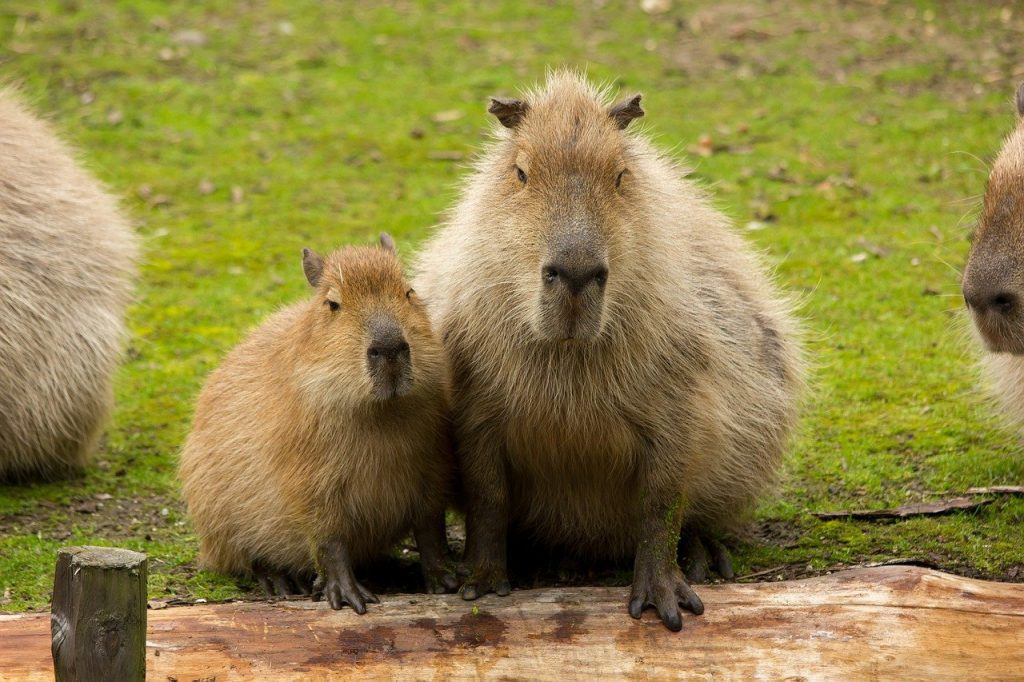
Parental Care
Capybara mothers are incredibly attentive and provide excellent care to their babies. They nurse their young for several months, ensuring they receive the necessary nutrients to grow and thrive. The mother capybara also teaches her babies how to swim, an essential skill for survival as capybaras are semi-aquatic animals. The bond between a mother capybara and her babies is strong and heartwarming to witness.
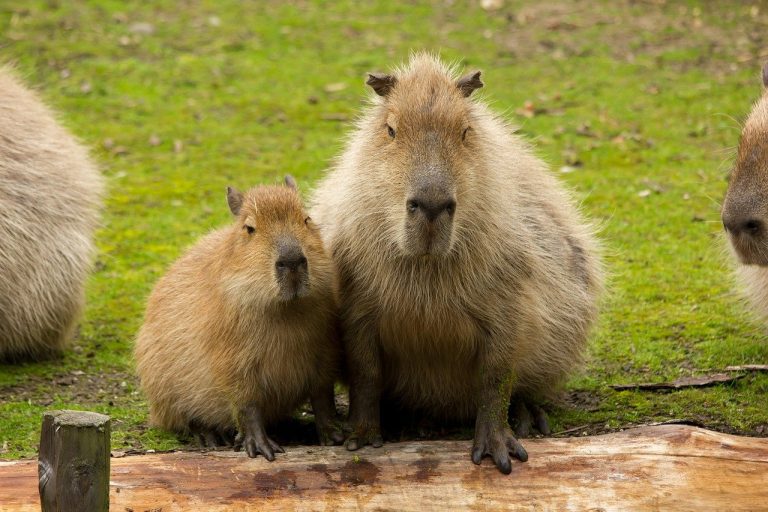
Diet and Feeding Habits
Capybara babies, like their adult counterparts, are herbivores and primarily feed on aquatic vegetation, grasses, and fruits. As they grow, their diet gradually shifts to include a wider variety of plant materials. Capybaras have unique digestive systems that allow them to efficiently extract nutrients from their food, making them well-adapted to their herbivorous lifestyle.

Interaction with Humans
Cute capybara babies have gained popularity as pets in recent years. Their friendly and sociable nature makes them suitable companions for some individuals. However, it's crucial to remember that capybaras have specific needs and require proper care and environment to thrive. Before considering a capybara as a pet, it's essential to research local regulations and ensure you can provide the necessary care and space they require.
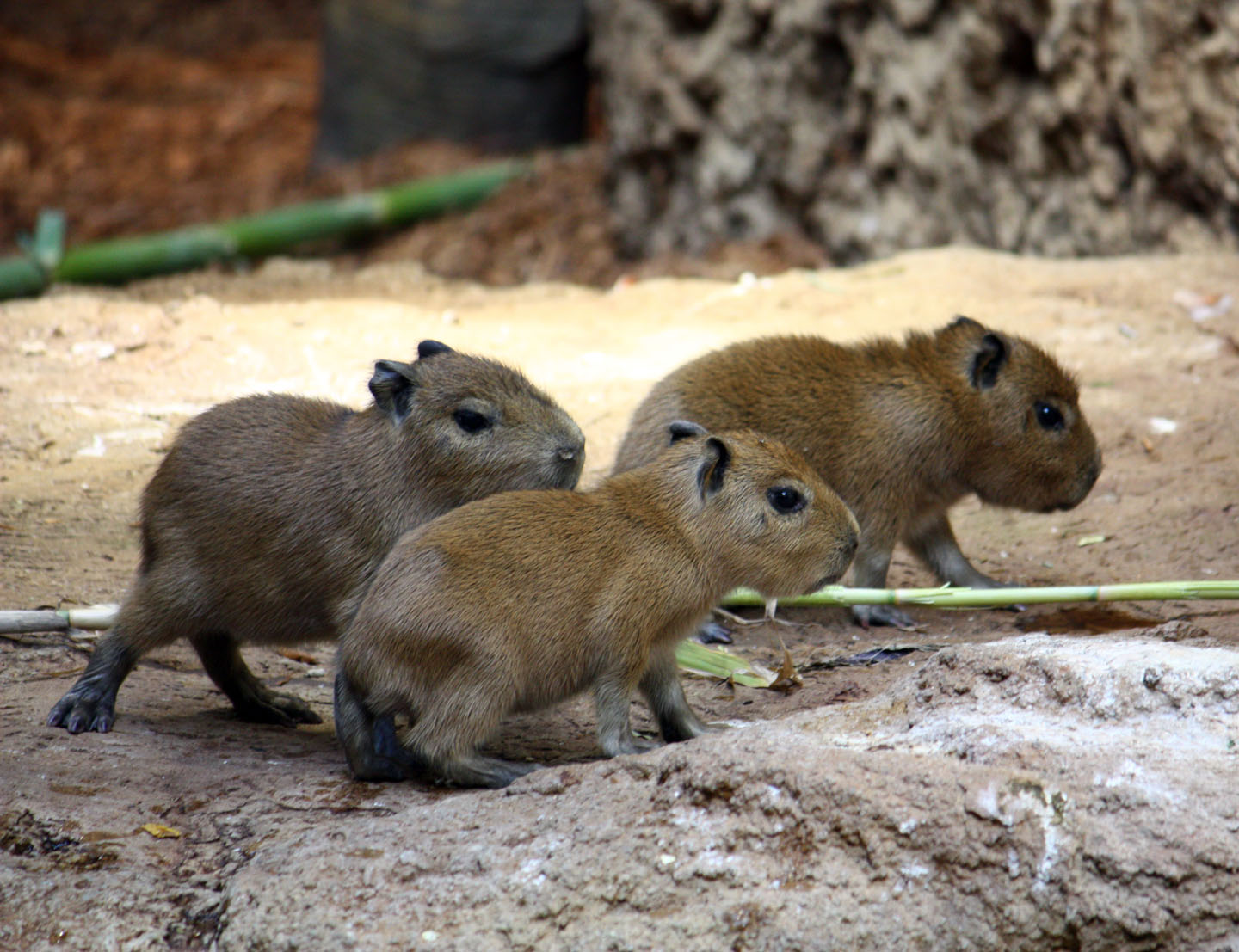
Capybara Conservation
While capybara babies may be undeniably cute, it's crucial to remember that they are a part of the natural ecosystem. Capybaras play a vital role in their habitats by controlling vegetation growth and creating water sources. It's important to support conservation efforts and ensure their natural habitats are protected to maintain healthy capybara populations for generations to come.
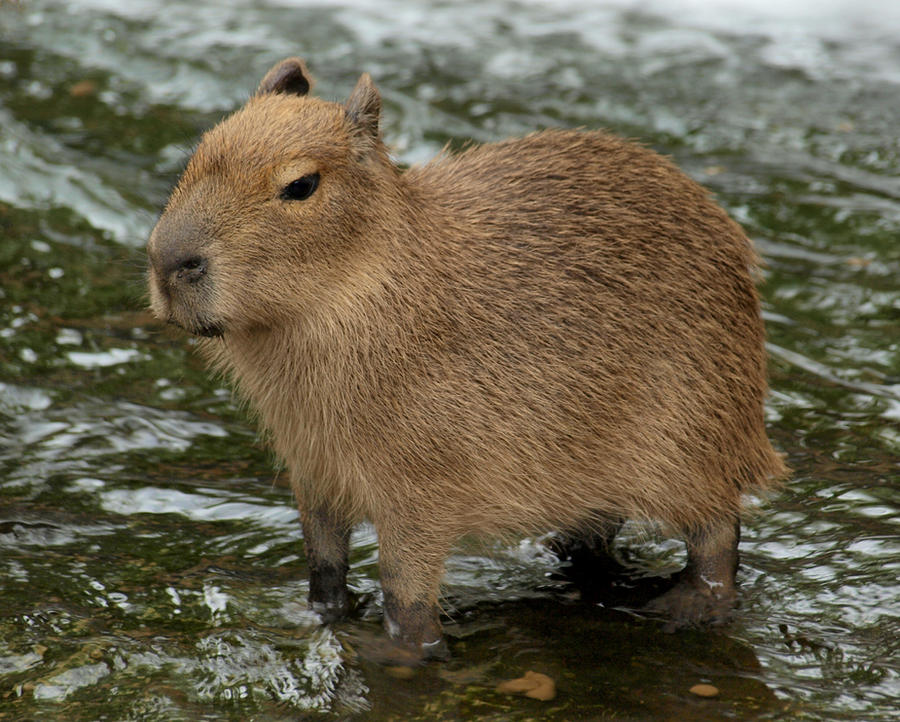
Conclusion
Cute capybara babies are a delight to observe and learn about. Their adorable appearance, social behavior, and unique characteristics make them truly remarkable creatures. Whether in the wild or as pets, capybaras continue to captivate the hearts of many. Remember to appreciate their beauty and support efforts to protect these amazing animals and their habitats.